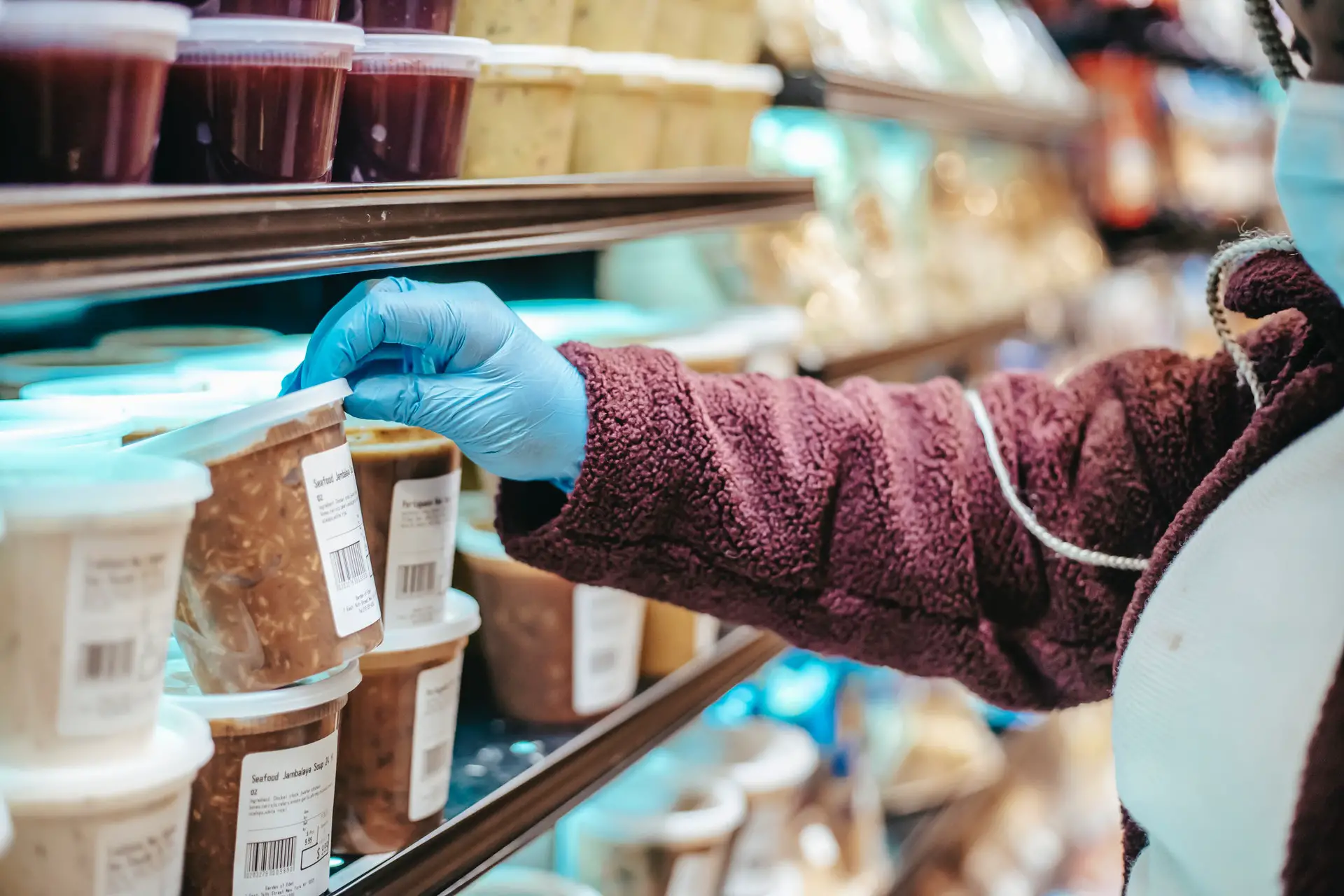The leading provider of experiential, immersive training solutions, Virti, has partnered with HTC and Taipei Medical University (TMU) to facilitate food safety training using virtual reality in Taiwan.
HTC is working with TMU’s School of Food Safety to curate virtual reality training content for the industry that Virti will deliver. The target market comprises food factories across the country. The initiative aims to drive digital transformation and develop Taiwan’s food safety industry through enhanced training methods.
Founded by NHS surgeon Dr. Alex Young in 2018, Virti enables organizations to build and edit immersive virtual and augmented reality training materials through its end-to-end simulation suite. Professor Hui-Ting Yang at TMU is using the platform to create VR simulations for food factory workers to help them practice food safety protocols in a realistic and safer environment.
The VR training simulations will be delivered through HTC’s VIVE and VIVE Flow headsets. The goal is to familiarize workers with the restaurant and factory kitchens and teach them how to operate the various equipment, conduct good inspections, practice preparing, cooking, and serving food, and deploy the highest hygiene standards.
The simulations will enable participants to practice identifying and analyzing potential hazards, such as wet floors or poor lighting. They also touch on areas, including workplace stress and emergency response, to prepare for incidents, such as kitchen fires.
Alex Young, founder and CEO of Virti, said, “We’re delighted to be working with HTC and Taipei Medical University so that students can benefit from new opportunities to learn and teach food safety skills using Virti’s engaging, interactive and intuitive technology.”
VR training has been helping businesses and institutions across the globe to simulate real emergencies through realistic virtual environments and train participants on an adequate response safely. Moreover, with the Virti 360 VR platform, students can create their own VR teaching materials to produce content relevant to their learning syllabus.
Additionally, industry-academia collaboration will promote the adoption of other employee training programs practiced across domestic smart food factories for the benefit of the food safety industry.
Follow us on LinkedIn
Read other Articles




